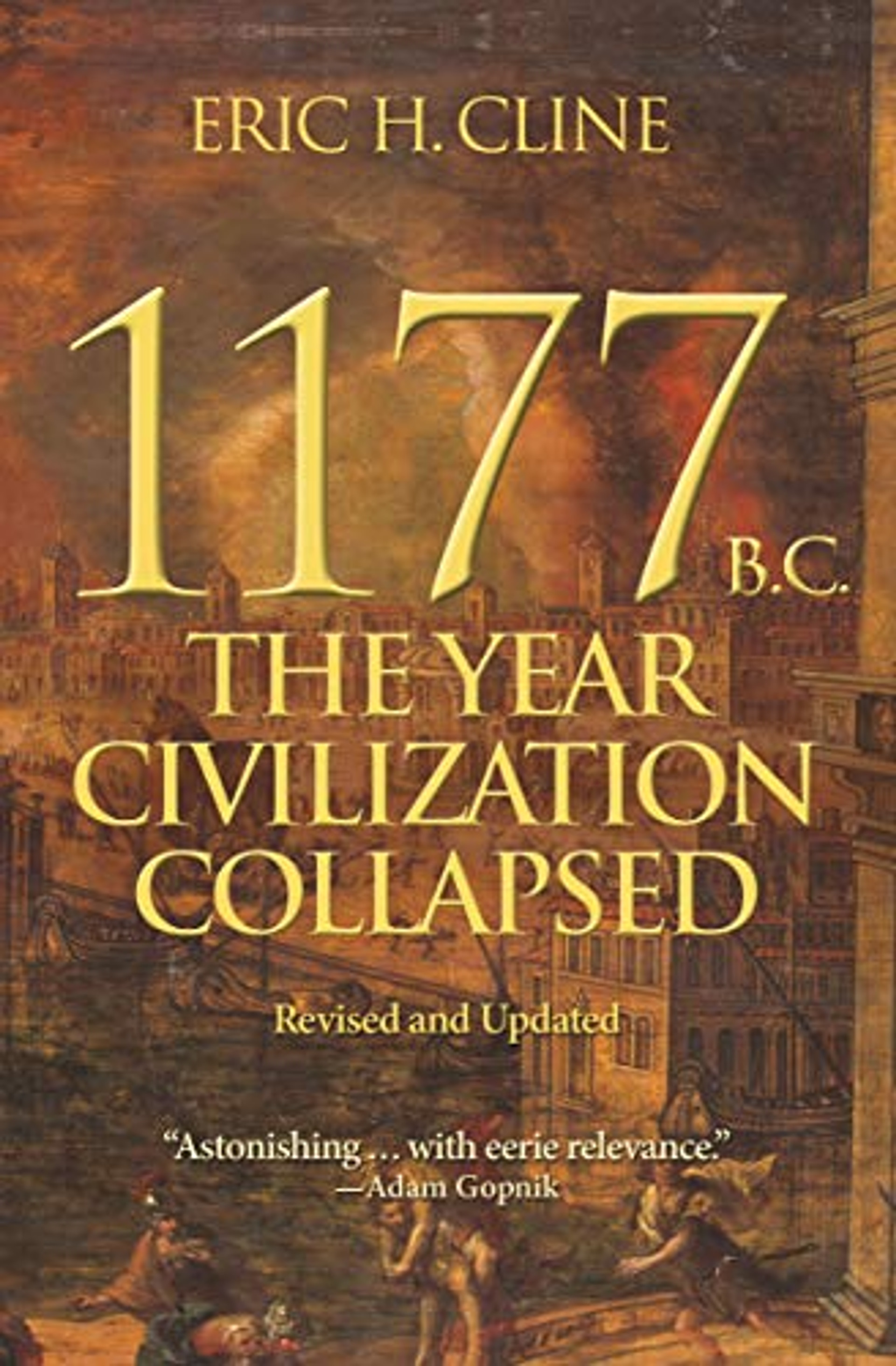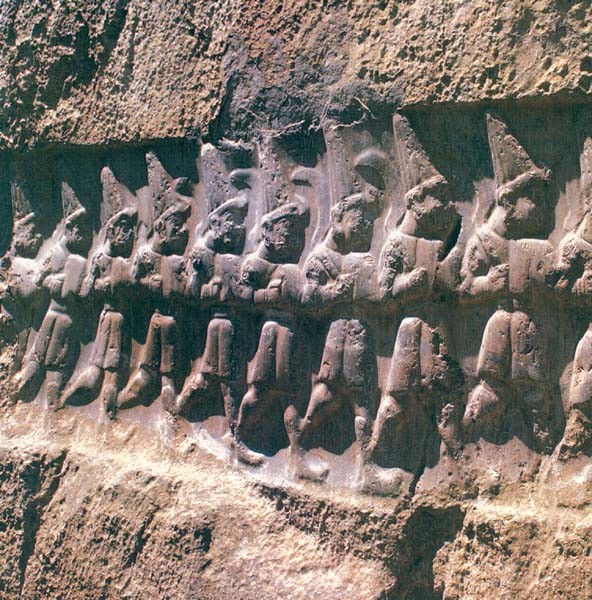

This admirable introduction to the study of the era between the glorious past of Egypt (the Great Pyramid was already 1,500 years old) and the rise of Classical Greece (another 750 years away) will be appreciated by both generalists and classics buffs." -Evan M. "Cline has created an excellent, concise survey of the major players of the time, the latest archaeological developments, and the major arguments, including his own theories, regarding the nature of the collapse that fundamentally altered the area around the Mediterranean and the Near East. Particularly valuable is the author's convincing argument that only a multifactor analysis can account for the end of the Bronze Age." - Choice


One of the highlights of the book is Cline's full and lucid discussion of the new archaeological evidence that has accumulated since Sandar's 1985 publication, including the excavation of shipwrecks and the discovery of texts suggesting a Hittite political context for the Trojan War. Sandar's The Sea Peoples: Warriors of the Ancient Mediterranean. "This book is the first comprehensive account of this crisis since the publication 36 years ago of N.K. "Highly recommended, especially for public and college library collections." -James A. sheds new light on the complex ties that gave rise to, and ultimately destroyed, the flourishing civilizations of the Late Bronze Age-and that set the stage for the emergence of classical Greece. Bringing to life the vibrant multicultural world of these great civilizations, he draws a sweeping panorama of the empires and globalized peoples of the Late Bronze Age and shows that it was their very interdependence that hastened their dramatic collapse and ushered in a dark age that lasted centuries.Ī compelling combination of narrative and the latest scholarship, 1177 B.C. In this major new account of the causes of this “First Dark Ages,” Eric Cline tells the gripping story of how the end was brought about by multiple interconnected failures, ranging from invasion and revolt to earthquakes, drought, and the cutting of international trade routes. But the Sea Peoples alone could not have caused such widespread breakdown. The thriving economy and cultures of the late second millennium B.C., which had stretched from Greece to Egypt and Mesopotamia, suddenly ceased to exist, along with writing systems, technology, and monumental architecture. No more Trojans, Hittites, or Babylonians.

Kingdoms fell like dominoes over the course of just a few decades. After centuries of brilliance, the civilized world of the Bronze Age came to an abrupt and cataclysmic end. The pharaoh’s army and navy managed to defeat them, but the victory so weakened Egypt that it soon slid into decline, as did most of the surrounding civilizations. In 1177 B.C., marauding groups known only as the “Sea Peoples” invaded Egypt.


 0 kommentar(er)
0 kommentar(er)
